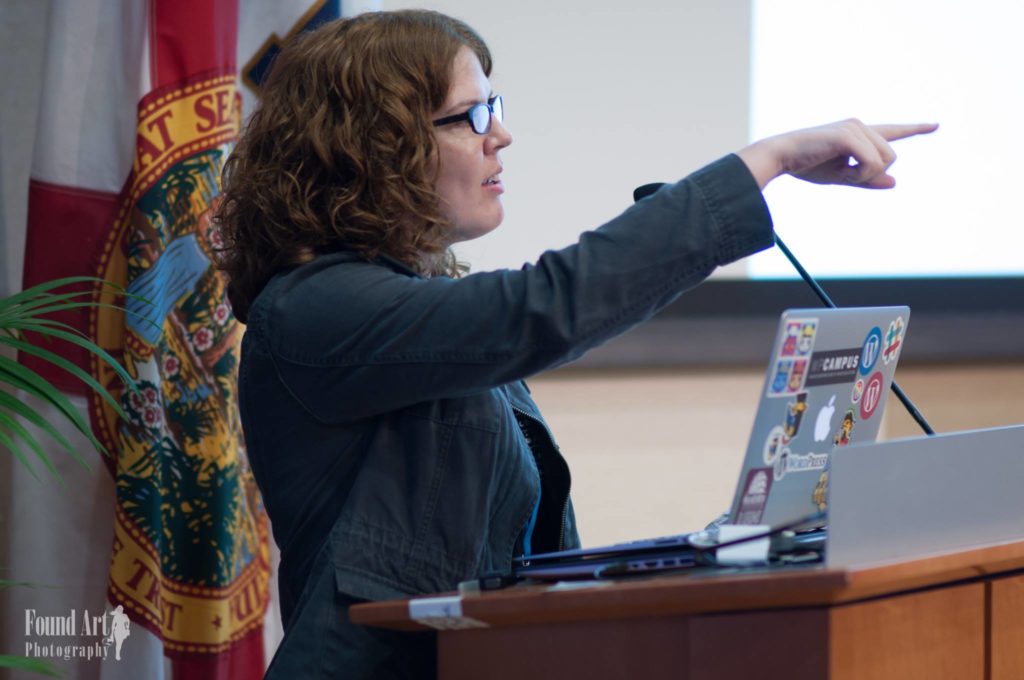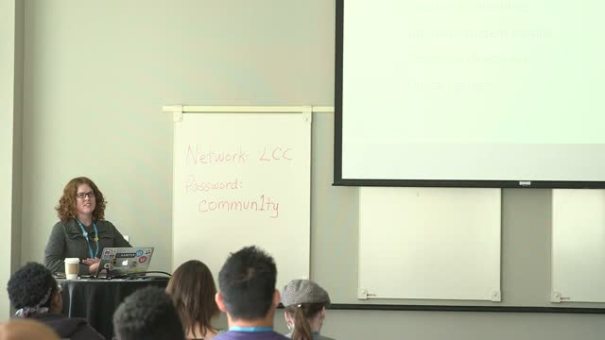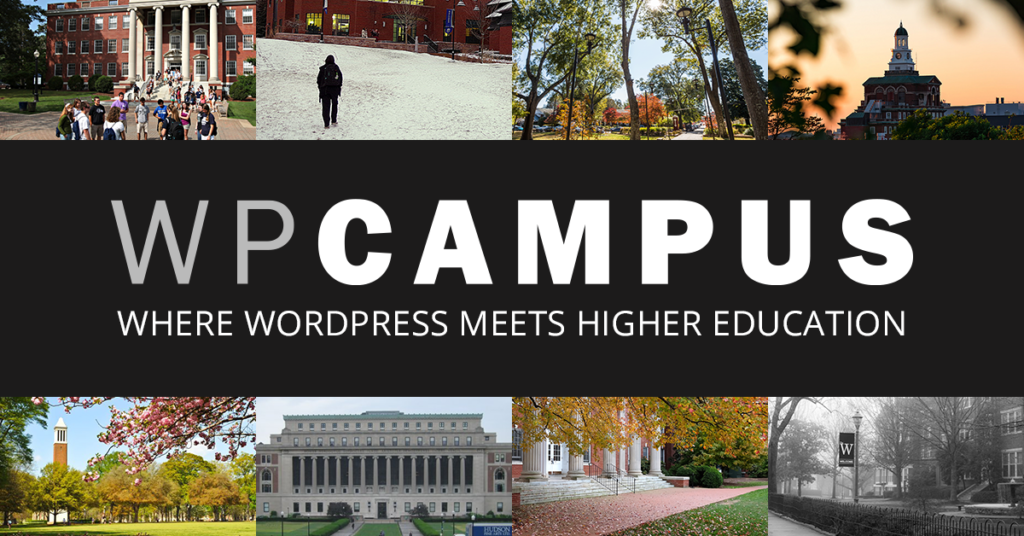Cherry never expected to find herself working in higher education. The first job she got as a graphic designer right after graduating was at a college in Mississippi. It wasn’t long before she realized that’s where she always wanted to be.
“Whether it’s with students or fellow faculty/staff, there’s always an opportunity for collaboration and education. And your purpose is so fulfilling. No matter your role, you’re a part of, and investing in, the well-being and future of others,” Cherry told Torque.
When she began her first job after college with the University of Alabama in 2011, WordPress was the CMS of choice on campus.
“Within six months I had to learn multisite, undergo a complete redesign, develop a parent and child theme, and migrate all of the existing content for the college I worked for and its seven academic departments,” Cherry said. “All by myself. I was definitely thrown into the deep end of WordPress but it was a fun challenge and learning experience.”
At the beginning, the code wasn’t pretty, but she was able to make it work and eventually made it look and respond even better.
WordPress and higher education
The marriage of WordPress and higher education is a beautiful one. The CMS is easy to learn, affordable, and scalable. It is perfect for an environment that doesn’t allow for a lot of time or money funneled to a project.
Proprietary solutions are expensive and require ongoing maintenance and web management. WordPress is free, open source, and provides users with full control over their sites. After the initial site build, the cost to maintain a website on WordPress is nominal.
WordPress’s ease of use make it superior to other solutions. It empowers users to be in control of their own publishing experience. It also enables collaboration so that educators, students, and administrators alike can log in and contribute to the site in real time.
This evidence suggests that WordPress is the right option for education and is proven to work. However, not enough schools have adopted it. According to a study by the University of Colorado Denver, only 24 out of 132 universities use WordPress. That’s almost half the amount using Drupal. That said, 51 of the universities used WordPress as a secondary CMS.
“Higher ed is definitely one of the biggest markets for content management systems,” Cherry, said “There are so many needs for a wide variety of websites, with usually limited resources, so an extendible, adaptive, and easy to use environment is key.”
Though it seems like a perfect option, not many educators know about WordPress and how to use it. WPCampus explores the basics of managing a CMS as well as higher education specific topics.
“For faculty, how to use WordPress to manage your courses and interact with students is important,” Cherry said. “And for the content managers and administrators, discussing web governance is key. Other topics important to higher ed include accessibility, multisite, security, and scalability.”
Cherry realized many more organizations would use WordPress if only they knew about it and how to use it. Instead of urging educators to go to WordCamps, Cherry came up with the idea to create an entire conference dedicated to their needs. This would bring organizations that need a site together with the people that can create them.
“I feel like this idea had been brewing in my head all long,” she said. “WordCamps are great but the issues we generally encounter in higher education are often overlooked. WordPress in higher ed is a unique space because it’s essentially WordPress in the enterprise on a budget, which sparks unique conversations and solutions. We needed our own space to share, discuss, and learn.”
WPCampus and beyond
Though the conference is targeted at educators specifically, it is a great opportunity for developers of all skill sets to meet potential clients, or at the very least volunteer their time to spreading the word about WordPress.
“It will be the first opportunity to meet a lot of our members in person and to learn more about them and learn from them for valuable professional development,” Cherry said. “Networking and socializing are key elements to the community and it never hurts that they’re also tons of fun.”
Cherry would like to see more students attending the conferences, hoping to spark an interest in WordPress among younger generations.
Cherry urges anyone who can to get involved somehow, “We also have a thriving Slack community. If you are not already a member of the WPCampus community, we invite you to follow @wpcampusorg on Twitter and visit the main WPCampus site to learn more on how to get involved. We’d love to have you join the conversation.”
Conferences like WPCampus are a great way to disseminate the proper information as well as learn what the education community needs. Users will learn how to keep WordPress secure and how to leverage the breadth of functionality the CMS has to offer.
Word of mouth is also crucial for extending WordPress’s reach in education. “We’re more than just an event, though. We’re a community whose mission is to advance higher education by providing a support structure and wealth of knowledge for anyone who uses, or is interested in using, WordPress,” Cherry said.
Go to Faces of WordPress for more stories.




No Comments